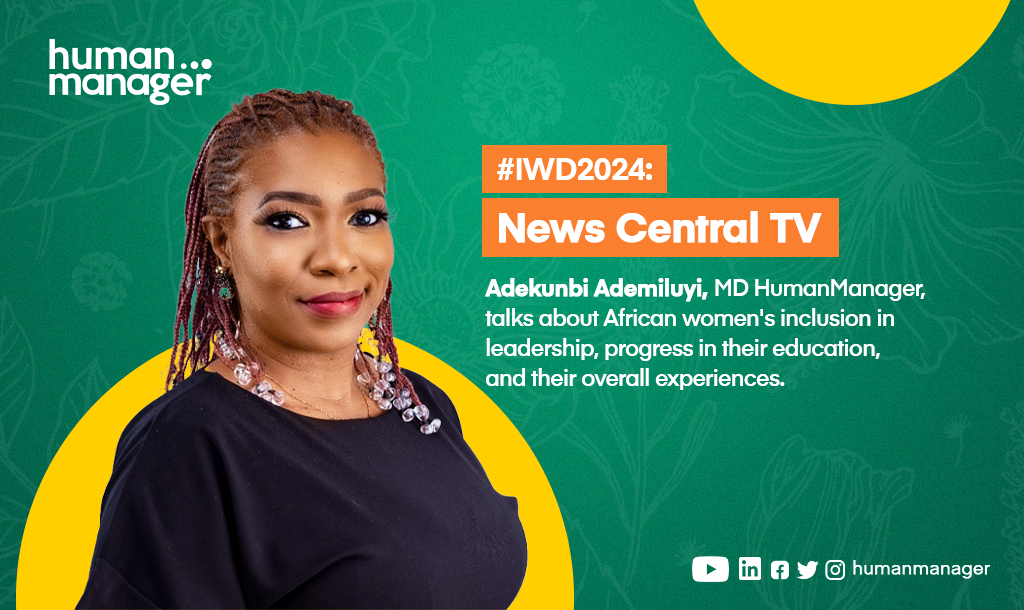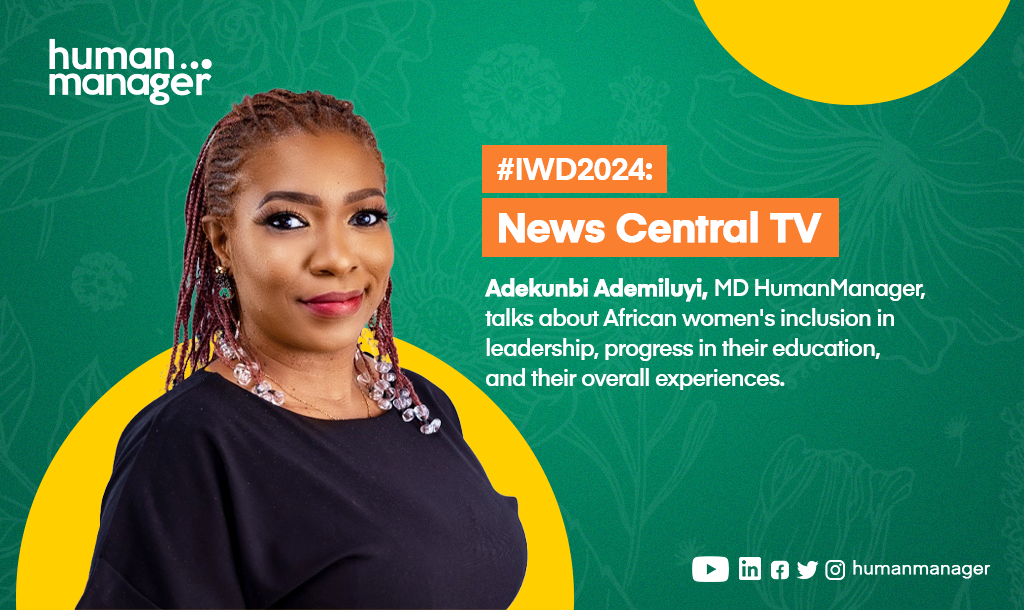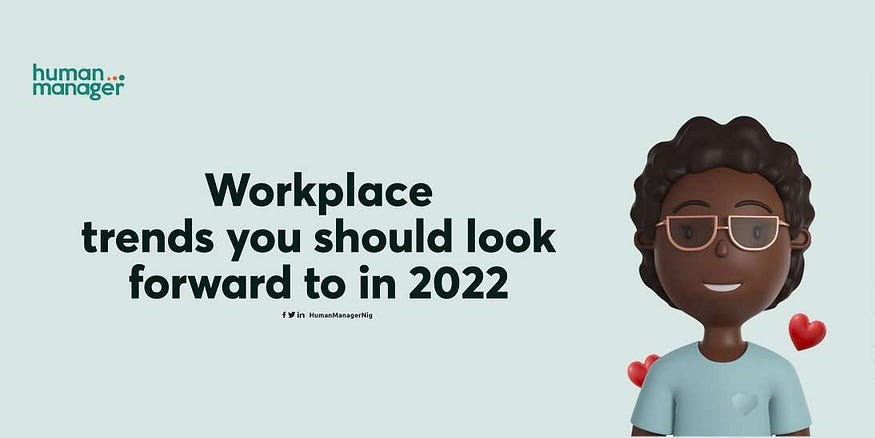By Akin Omojola
Once a benefit for only a select few, remote work is now an integral part of our professional fabric. Since the pandemic in 2020, about 49 percent of sub-Saharan African enterprises have retained a remote work culture in one form or another. This transformation ushers in training and learning needs that traditional office settings often do not require.
Managing a remote team comes with its challenges, including ensuring that team members have the necessary soft and technical skills to thrive in a virtual environment. To achieve success in remote teams, you must identify, and address employee learning needs as stated below:
- Effective Communication
Remote teams convey their ideas and feedback via written and verbal communication. As such, team members should be coached on effective communication, email etiquette, project management/messaging platforms, and virtual meeting tools to avoid misinformation.
Remote team members can empower themselves with courses on e-learning platforms or workshops focused on effective communication in a virtual environment. Beyond teams, organisations must also communicate clearly with all employees through regular news feeds, intranet chat lines, and online townhall sessions.
- Time Management
Remote work offers flexibility in terms of when and where team members work, but it also requires significant levels of self-discipline and time management skills. Team members must be able to prioritise tasks, set deadlines, and manage their time effectively to meet project goals and deadlines.
To enhance time management skills, remote teams can utilise project management tools and calendars to organise their workload and track progress.
Another key issue is meeting management. Organisations should adopt a single application for virtual meetings to avoid clashes and stick to meeting schedules as a corporate culture.
- Technology Know-how
Remote teams rely heavily on technology to communicate, collaborate, and complete tasks. As such, remote team members should be proficient in using a variety of digital tools and platforms to work effectively in a virtual setting. This includes familiarity with video conferencing software, project management tools, filesharing platforms, and other technology solutions that facilitate remote work.
- Security
Remote work comes with data security risks. New and modern frameworks should be adopted, and all employees should be aware that data security is their joint responsibility. Network hardening should be implemented since staff work from different local uncontrolled environments. Data loss protection (DLP) policies and technologies may be employed in addition to employee training.
- Team Building
Remote team members should build strong relationships, establish trust, communicate openly, and work effectively with colleagues from diverse backgrounds and locations. This can be done through regular meetings or check-ins to maintain connections and build rapport with colleagues, as well as virtual team-building activities like online games, group discussions, or collaborative projects.
Team leads and human resources managers are also responsible for tracking engagement and mental stress among employees. Full remote organisations could sponsor physical hangouts periodically to foster a better corporate identity.
Lastly, remote teams have unique learning needs that must be addressed to ensure their success in a virtual work environment. By investing in training and development opportunities/Platforms for remote teams, you can empower your employees to work effectively and collaboratively, regardless of their physical location.




